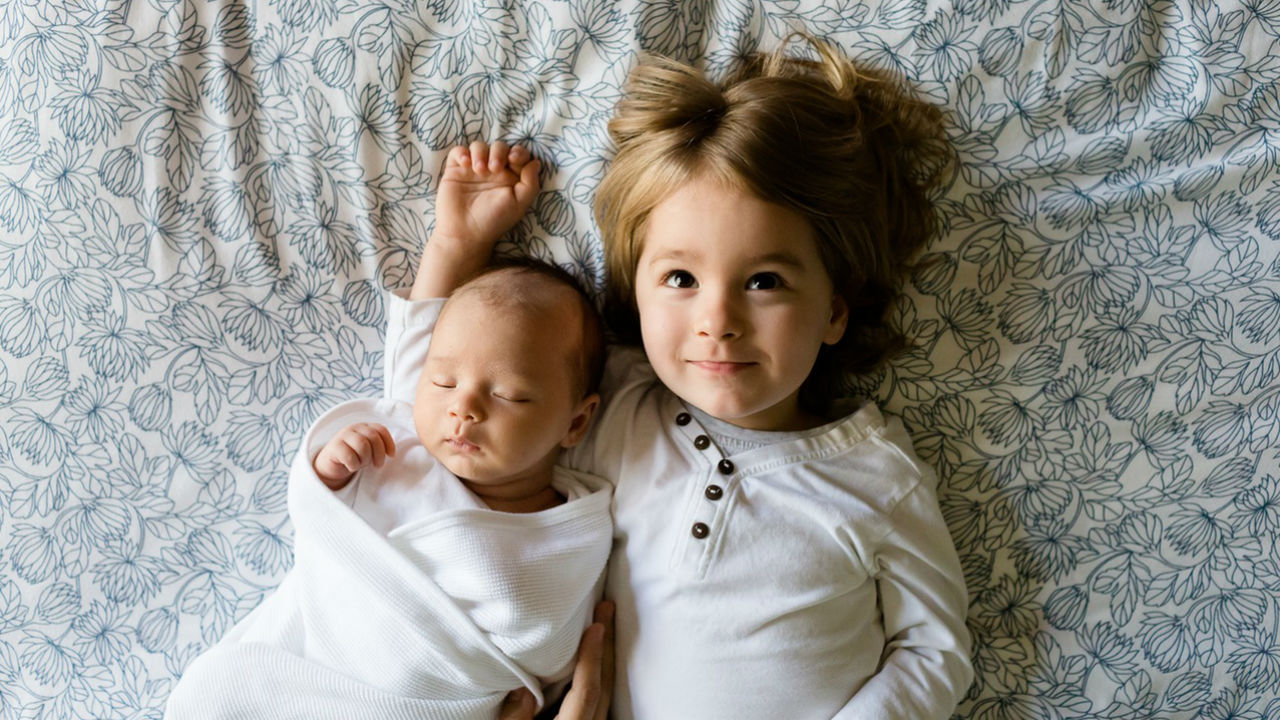 Photo: Getty Images
Photo: Getty Images
According to the University of Maryland Medical Center (UMMC), ʺroseola is a usually mild viral infection that is common among children. Most cases occur between the ages of six months and three years, and more than 75 percent of children have had roseola by the time they are two. Roseola often starts with a high fever, usually followed by a distinctive rash just as the fever breaks.ʺ
Roseola is contagious with or without a rash. Roseola is also known as baby measles, sixth disease, exanthem subitum, and roseola infantum.
Baby measles has a five to 15 day incubation period. Sneezing and coughing can easily spread the virus. According to UMMC, baby measles ʺis caused by the human herpes virus 6 (HHV-6) and, occasionally, human herpes virus 7. These are not the same herpes viruses that cause cold sores or genital herpes.ʺ
Two of the main symptoms of baby measles include rash and high fever"
• A rash appears as the fever goes away and lasts three to four days. It may look like measles or rubella, with small rose-colored bumps. The rash usually appears first on the trunk of the body. It may spread to the neck, arms, and legs but rarely to the face.
• Sudden high fever (103 - 106 °F), which usually lasts three to four days.
• Your child will most likely remain alert in spite of the fever.
• High fever can cause febrile seizures. Although you should take your child to the emergency room if he has a seizure, they usually are not harmful, and go away when the fever goes down.
Other signs and symptoms of baby measles include:
• Fatigue
• Irritability
• Decreased appetite
• Swollen eyelids
• Breathing problems
• Ear infections
• Diarrhea
The first symptoms you may notice are eye redness, irritability, runny nose and sore throat.
Baby measles does not have a cure. Treatment is generally for the management of the symptoms of baby measles.
The U.S. National Library of Medicine and UMMC recommend the following treatment for baby measles:
• Acetaminophen (tylenol) to reduce the fever
• Also, cool sponge baths can help reduce the fever
• Plenty of fluids to keep your child hydrated
• Plenty of rest
• Some children may have seizures when they get high fevers. If this occurs, call your doctor or go to the closest emergency room.
There are rare and serious complications with baby measles. These include aseptic meningitis and encephalitis.
References:
Roseola. University of Maryland Medical Center | Home. Retrieved February 8, 2012, from
http://www.umm.edu/altmed/articles/roseola-000143.htm
Roseola . KidsHealth - the Web's most visited site about children's health. Retrieved February 8, 2012, from http://kidshealth.org/parent/infections/skin/roseola.html
Roseola - PubMed Health. National Center for Biotechnology Information. Retrieved February 8, 2012, from http://www.ncbi.nlm.nih.gov/pubmedhealth/PMH0001963/
Roseola: MedlinePlus Medical Encyclopedia. National Library of Medicine - National Institutes of Health. Retrieved February 8, 2012, from http://www.nlm.nih.gov/medlineplus/ency/article/000968.htm
Reviewed February 8, 2012
by Michele Blacksberg RN
Edited by Jody Smith




Add a Comment1 Comments
Today, a public health nurse reached out with some important information.
Roseola is often confused with rubeola.
Rubeola, also known as measles, is preventable with a vaccine.
For more information about rubeola go to http://www.ncbi.nlm.nih.gov/pubmedhealth/PMH0002536/
February 9, 2012 - 8:51amThis Comment